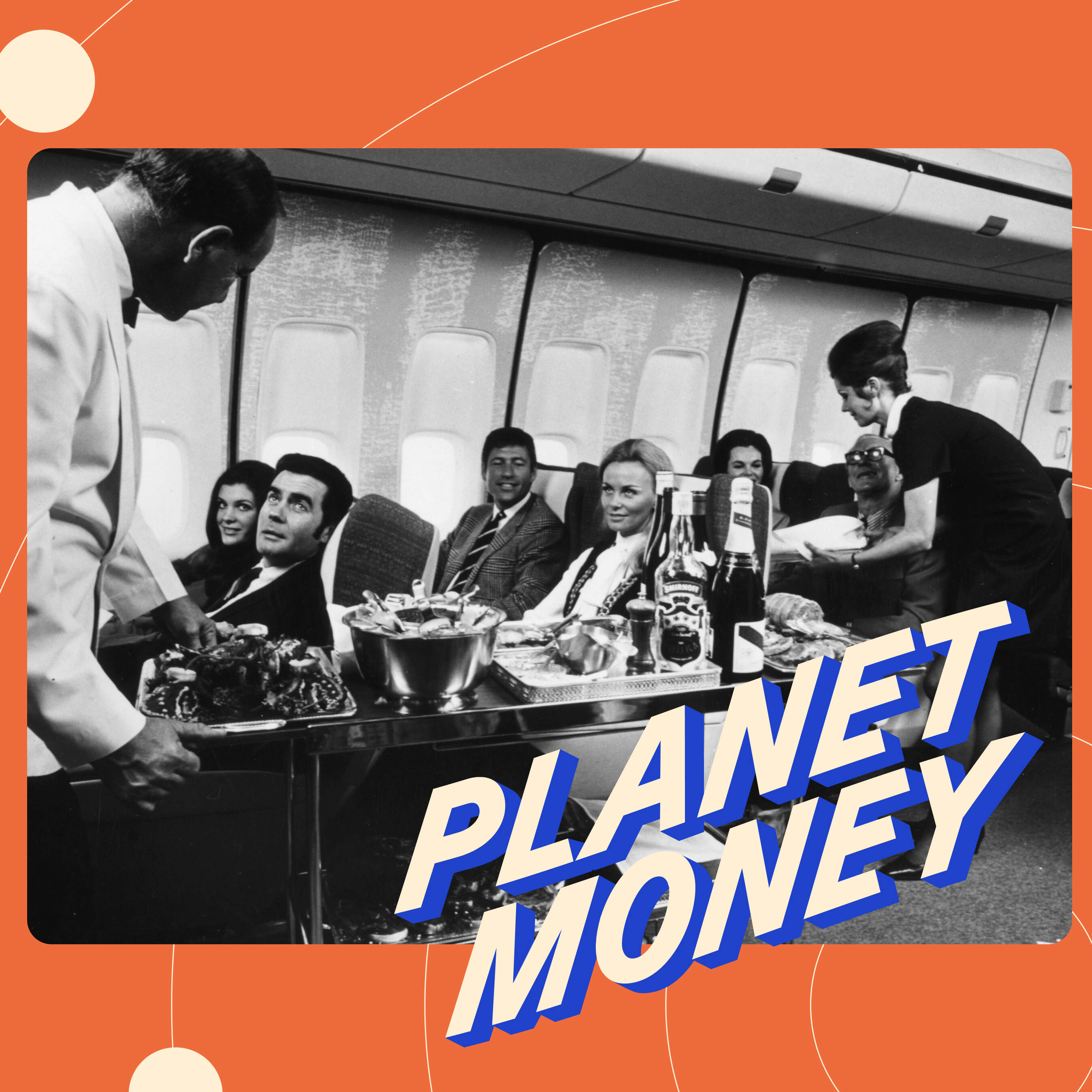
June 12, 2024 • 25min
Bringing a tariff to a graphite fight
Planet Money

Key Takeaways
- China dominates the global supply of battery-ready graphite, producing 93% of the world's supply
- The Biden administration has imposed tariffs on Chinese graphite imports as part of an effort to build up a domestic battery supply chain in the U.S. and reduce reliance on China
- Building a new battery industry from scratch in the U.S. requires overcoming significant challenges, including:
- Establishing the necessary infrastructure like wastewater treatment facilities
- Solving technical processing issues to produce the precise graphite particle shapes required for batteries
- Securing the massive capital investment needed to construct new processing plants
- The "infant industry" argument suggests temporary tariff protection may be justified to help a new domestic industry get established, but the bar is high and the tariffs should eventually be phased out
- The effort to build a U.S. battery supply chain illustrates the immense logistical challenges of creating an entirely new industry from the ground up to compete with China's long-standing dominance
Introduction
This episode of Planet Money explores the critical mineral graphite and the efforts by the U.S. government and companies to build a domestic battery supply chain that is less reliant on China. Graphite is a key ingredient in lithium-ion batteries, but China produces 93% of the world's battery-ready graphite supply.
The Biden administration has imposed tariffs on Chinese graphite imports as part of a broader strategy to boost U.S. production of clean energy technologies like electric vehicles. However, actually building a new battery industry from scratch in America faces significant logistical and financial hurdles that the episode delves into through the lens of one small town in Alabama.
Topics Discussed
China's Dominance in Battery Materials (5:47)
- China made a concerted effort to jumpstart its electric vehicle industry by providing consumer incentives, dramatically increasing global demand for batteries
- This allowed China to rapidly scale up its battery manufacturing capacity and dominate the supply of key battery materials like graphite, lithium, and cobalt
- By 2023, China is expected to supply about 80% of the world's battery cells
U.S. Tariffs on Chinese Graphite (8:59)
- The Biden administration is using tariffs to try to build up a domestic battery supply chain and reduce reliance on China
- Tariffs on Chinese graphite imports are part of this strategy, aimed at making it more expensive for U.S. companies to source graphite from China
- The goal is to incentivize U.S. companies to invest in domestic graphite processing capabilities
The Opportunity for Canadian Graphite (10:12)
- One Canadian mining executive, Hughue Jacque Ma, saw the potential for the EV battery boom in China over a decade ago
- With the new U.S. tariffs, Jacque Ma's graphite mining company in Quebec stands to benefit as an alternative supplier to China
Building a Graphite Industry in Alabama (11:21)
- The town of Alexander City, Alabama used to be a hub for the textile industry, but lost many jobs as factories moved overseas
- In 2021, a company called Westwater Resources approached the town about setting up a graphite processing plant, seeing it as an opportunity to revive the local economy
- The town agreed to invest $9 million to build a new wastewater treatment pipe to support the plant, seeing it as a chance to attract this new "industry of the future"
Overcoming Technical Challenges (17:38)
- Westwater's graphite processing plant is still under construction, as they've had to solve technical issues like getting the graphite particles into the precise "spherical" shape required for batteries
- This "potato problem" of getting the right particle shape has been an ongoing challenge, requiring extensive testing and feedback from battery makers
The Need for Massive Capital Investment (20:25)
- Even after solving the technical challenges, Westwater still needs $150 million in additional capital to complete construction of their processing plant
- This massive upfront investment is a major hurdle for any company trying to break into the battery materials supply chain against China's dominance
- The mayor of Alexander City is frustrated that Westwater hasn't been able to finish the plant and start paying back the $9 million loan the town took out to build the necessary infrastructure
The "Infant Industry" Argument for Tariffs (24:33)
- Economists are skeptical about the justification for tariffs, as the "infant industry" argument has a very high bar to meet
- Tariffs should be temporary to allow a young industry to get established, but the Biden administration's tariffs on graphite appear to be indefinite
- Companies like Westwater argue the tariffs are necessary to help them overcome China's long-standing dominance, but there are concerns about the long-term sustainability of an industry reliant on government protection
Conclusion
This episode illustrates the immense logistical and financial challenges of building a new battery supply chain industry from scratch in the U.S. to compete with China's long-established dominance. Even with the Biden administration's tariffs aimed at boosting domestic production, companies like Westwater are still struggling to secure the necessary capital and solve technical processing issues.
The story of Alexander City, Alabama's efforts to attract a graphite processing plant highlights how creating an entirely new industry requires extensive infrastructure investment, problem-solving, and patience. While the tariffs may provide temporary protection, economists remain skeptical about the long-term viability of an industry reliant on government support.
Ultimately, the episode underscores the daunting task the U.S. faces in reducing its reliance on China for critical battery materials and building a self-sustaining domestic supply chain. It will likely take years of concerted effort, investment, and problem-solving to overcome China's long-standing dominance in this space.









